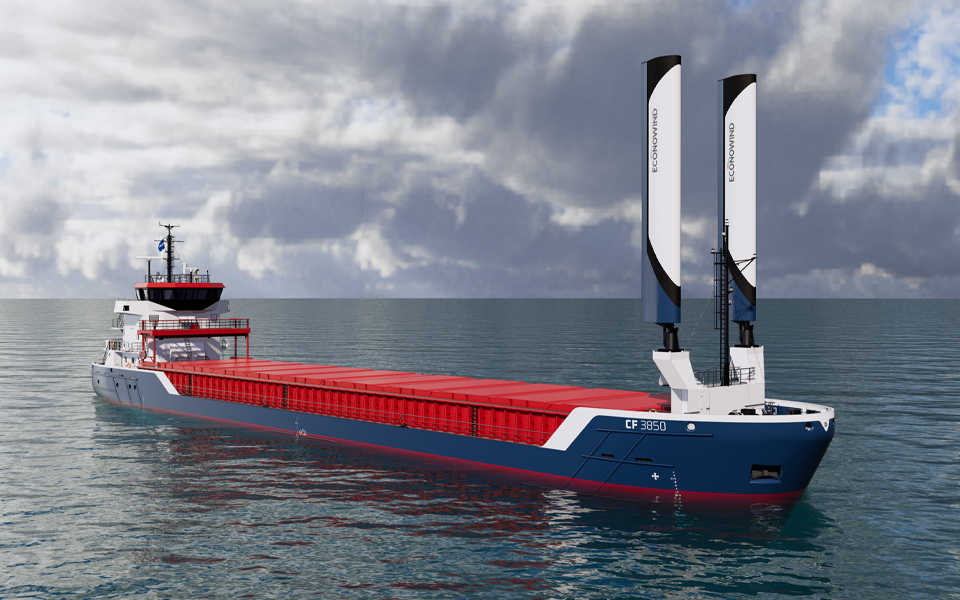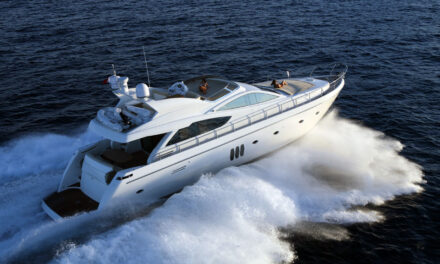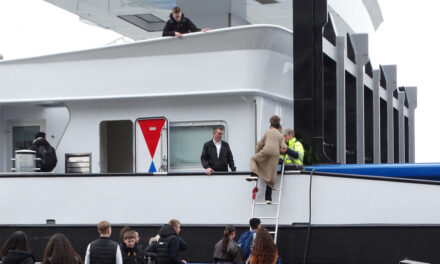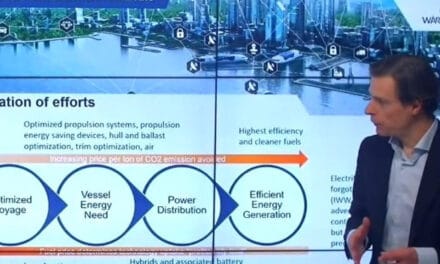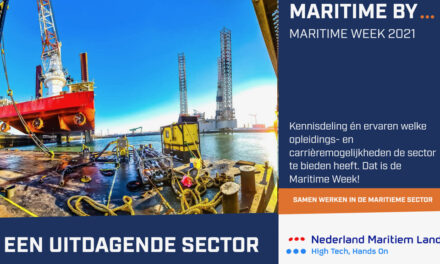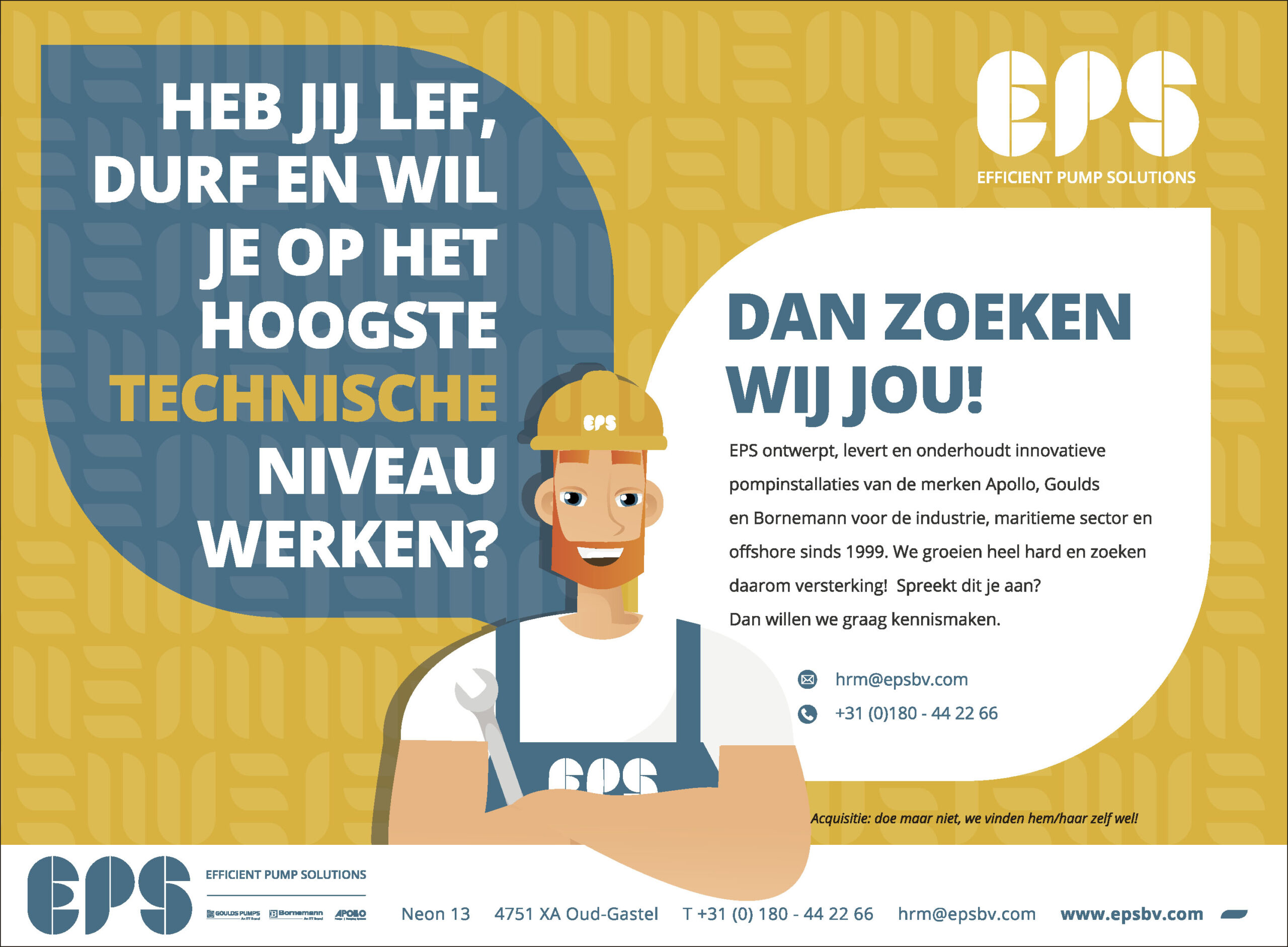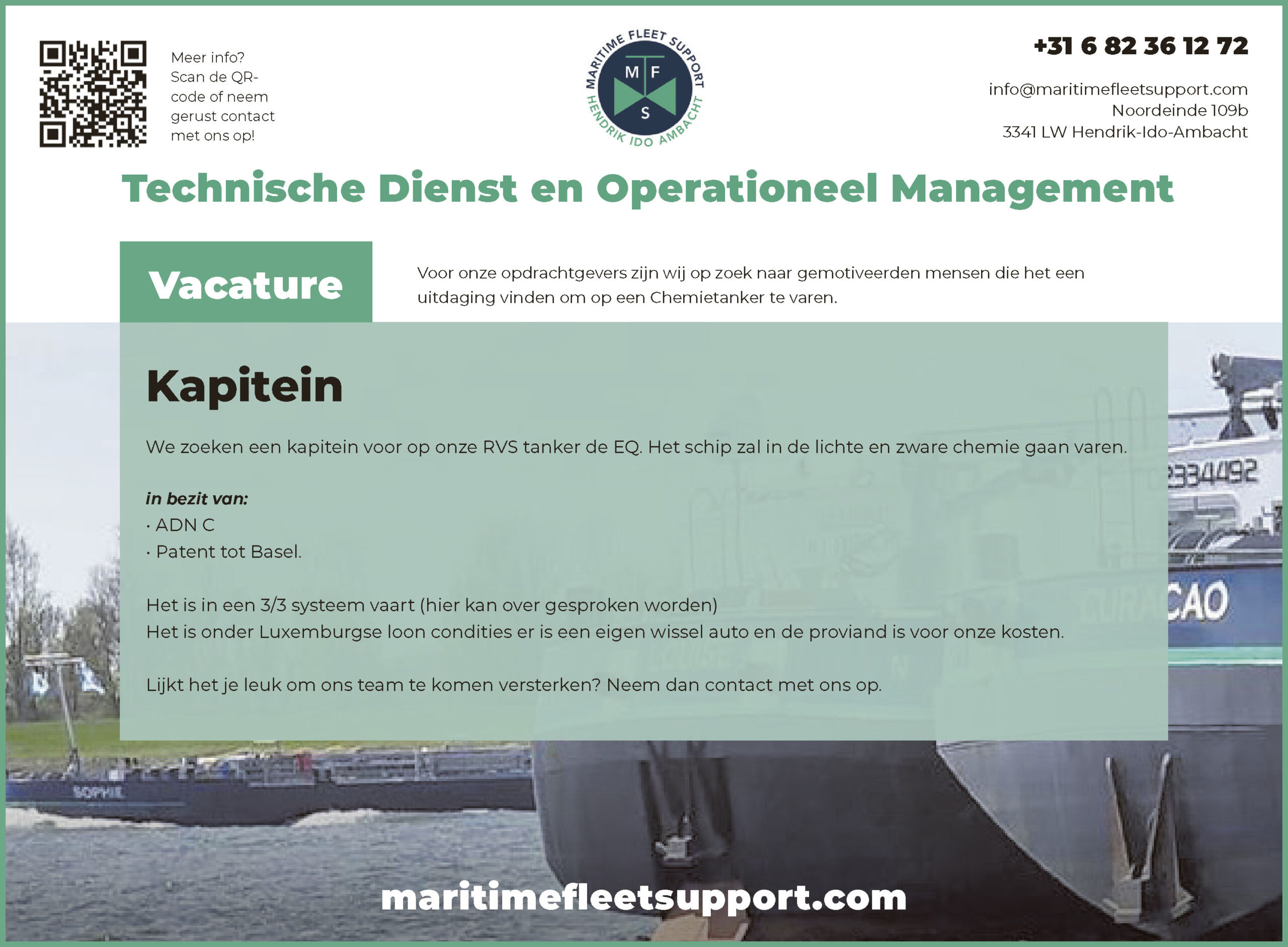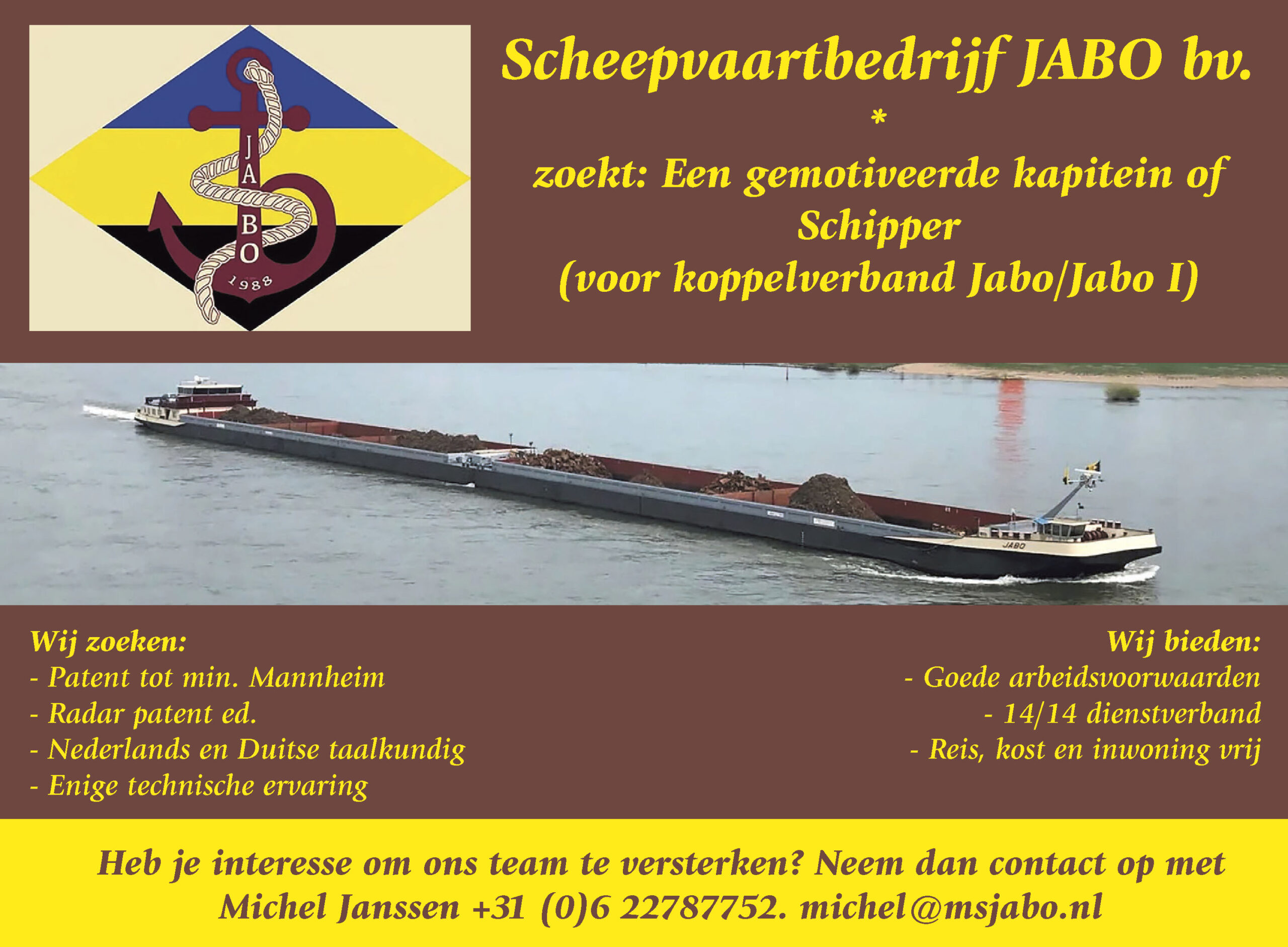Combi Freighter (CF) 3850
On 4th October, Damen’s client Gerdes Green received a subsidy from the German Government for the investment in sustainable innovations for a Damen Combi Freighter (CF) 3850 currently under construction, as well as for a second vessel. Damen, together with Gerdes Green and vessel charterer Cargill, has developed a tailored vessel, the CF 3850 Hybrid, with the aim of substantially reducing the environmental footprint of coaster vessel operations.
The subsidy was presented to Gerdes Green by Minister Volker Wissing at an event held at the Ministry of Digital Affairs and Transport (in Berlin, Germany). The subsidy was one of a number awarded to maritime companies as part of the German Government’s Namkü directive. Namkü aims at the modernisation of vessels in a bid to reduce emissions produced by the country’s coastal fleet.
Investing in innovation
As a result of the subsidy award, Gerdes Green will invest in a number of options that will serve to further increase the efficiency of its new CF 3850 vessels. This involves the inclusion of a battery driven propulsion system. With this, the vessels will be able to sail short-term fully electrically without local emissions, for instance when approaching ports and when passing through populated areas, thereby ensuring clean air.
The vessels will also feature wind assisted propulsion in the form of foldable ventofoils from Econowind. This innovative wing-shaped device harnesses the wind to provide additional propulsion force, lowering dependence on the engine, thereby reducing emissions.
The vessels will also be able to sail on B100 biodiesel, significantly reducing CO2 emissions. Furthermore, they will include a 130kW shore connection, eliminating emissions when the vessels are docked.
An icon fit for the future
The Damen CF 3850 is an iconic vessel, renowned in the international cargo vessel sector. With its ambition to become the most sustainable maritime solutions provider, Damen has recently redeveloped the design applying the latest tools and using computational fluid dynamics (CFD) and significantly lowering the vessel’s resistance in the water.
This hybrid version has been developed in collaboration with Gerdes Green and Cargill. Gerdes Green is a joint venture between Reederei Gerdes and Over-C. Reederei Gerdes has been active in the coaster segment for 30 years and has, for the last few years, been operating seven CF 3850 vessels from Damen. The company partnered with the European coaster specialist and charter company Over-C to develop a fleet of low emission, sustainable vessels. The joint venture’s approach is to develop its coasters together with charterers, customising the vessels to meet the requirements of its clients.
Steps towards carbon neutrality
Upon receiving the subsidy, Gerdes Green Managing Partner Nicole Gerdes said, “With this funding, we have achieved a significant milestone for our strategy to build a climate-neutral fleet. The ships will make a valuable contribution towards our journey of reducing the environmental impact of supply chains, leading the way for decarbonizing the short sea shipping trade in Europe.”
Gerdes Green Managing Partner Dennis Clavier added, “In this way, the first two climate-effective ships in our fleet can contribute to climate-efficient supply chains.”
Continual product evolution
Commercial Director of Damen Cargo Vessels Remko Bouma said, “We’re delighted to see Gerdes Green awarded with this subsidy to help further the efficiency of their vessels. This serves as confirmation that the steps we have taken together with Gerdes Green and with Cargill are relevant and will help support the maritime energy transition. We are proud of what we have achieved with the new CF 3850. We have taken a deservedly popular vessel and made it fit for the future, using a range of proven, reliable technologies that generate tangible results.”
Included amongst the technologies that the new CF 3850 draws on is the Damen Triton remote monitoring platform. This IoT solution is connected to systems throughout the vessel and provides feedback on their performance. In this way Damen can assess performance, gaining valuable data that enables it to continue to improve efficiency, ensuring further evolutions of efficiency in subsequent generations of vessels.
